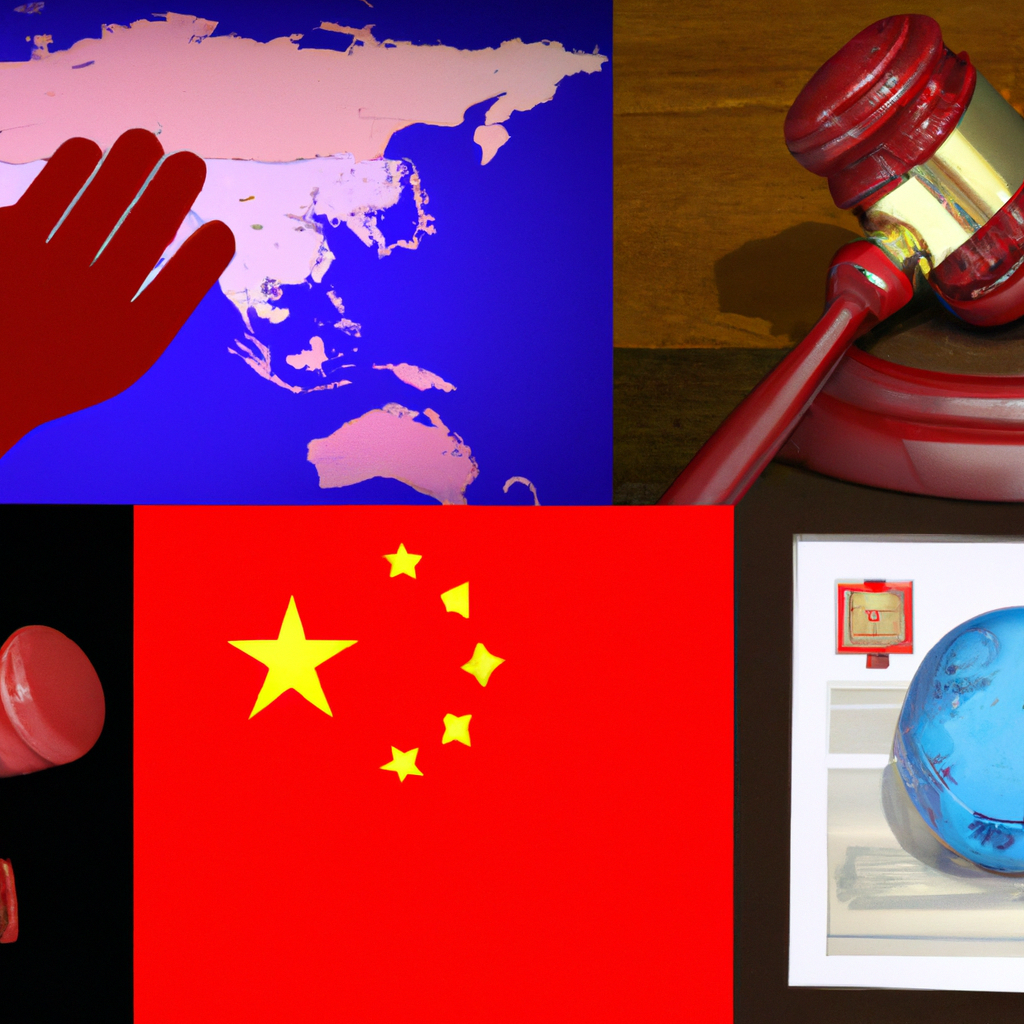Tim Walz, 60, first traveled to China in 1989, shortly after graduating from college. He spent a year teaching English and American history at a high school in Foshan, a southern city, as part of Harvard’s WorldTeach program. His arrival coincided with the violent crackdown on pro-democracy protesters in Beijing’s Tiananmen Square, an event that significantly affected China’s international relations.
The brutal events at Tiananmen Square had a profound impact on Walz, reinforcing his belief in the importance of diplomacy at various levels. He later reflected on the significance of his role in a Chinese high school during such a pivotal time in history.
After his return to the United States, Walz maintained his connection with China, teaching in Nebraska and Minnesota. He and his wife, Gwen, founded Educational Travel Adventures, through which they took high school students to China every summer. They even spent their honeymoon there, marrying on June 4, 1994, the five-year anniversary of the Tiananmen Square events.
Walz has consistently praised the Chinese people while criticizing the government, expressing optimism about their potential if given proper leadership. He has been actively involved in human rights discussions as a member of Congress, co-sponsoring significant legislation such as the Hong Kong Human Rights and Democracy Act of 2017 and supporting resolutions related to Tiananmen Square and pro-democracy figures.
Walz visited Tibet in 1990 and again in 2015, and he described a lunch with the Dalai Lama in 2016 as transformative. He emphasized the need to advocate for preserving traditional Tibetan culture despite modernization.
His experience and position on human rights in China have positioned him as a strong candidate on these issues in the political landscape, according to some experts. However, his long-standing relationship with China has sparked skepticism from Republican critics, including Senator Tom Cotton, who challenged Walz to explain his ties to communist China.
This aspect of Walz’s history has attracted mixed reactions in China as well, with some expressing hope for cooperative relations between the two nations, while others voiced concern that increased understanding could lead to more suppression of China’s government actions.
Experts suggest that Walz’s approach to China-related matters in his campaign will likely reflect broader foreign policy strategies, rather than solely stemming from his past experiences in the country.
